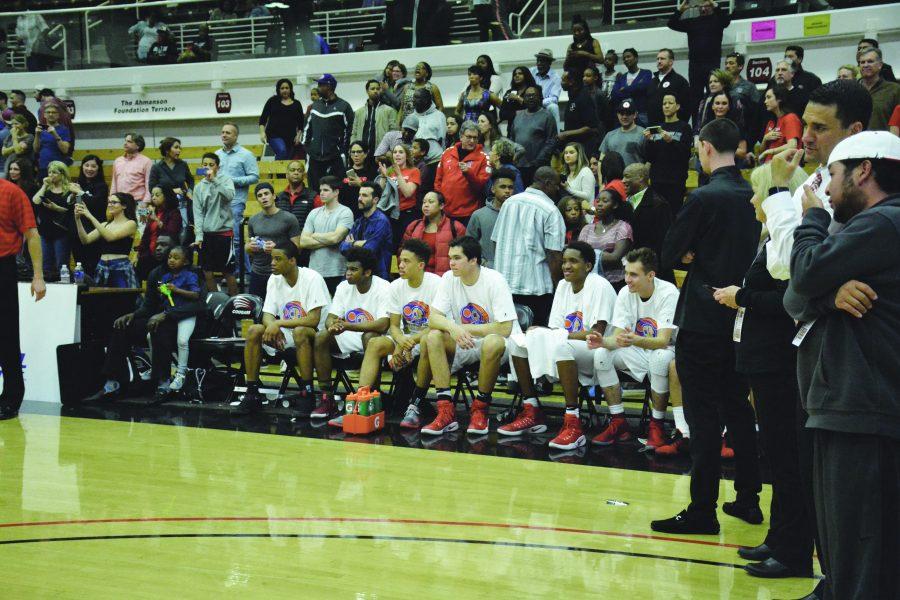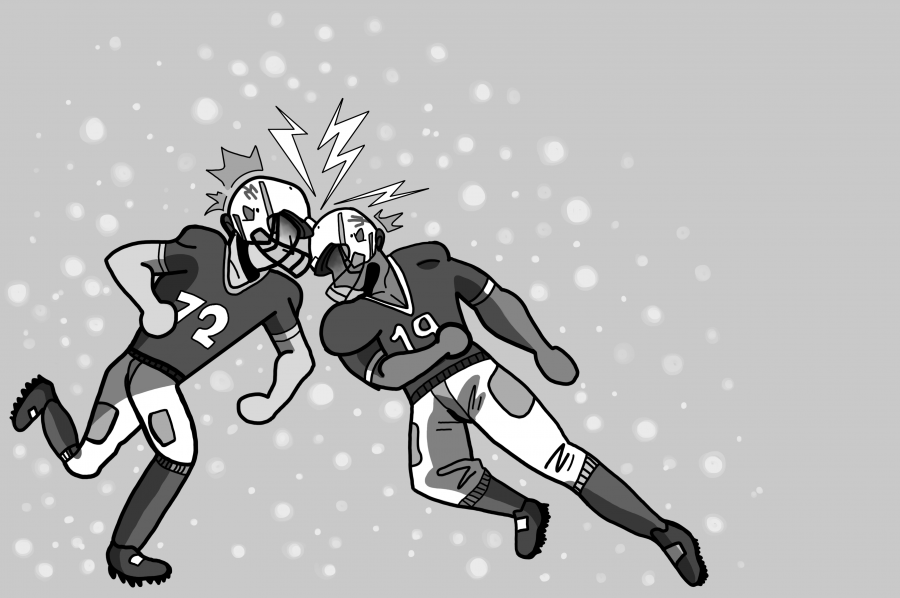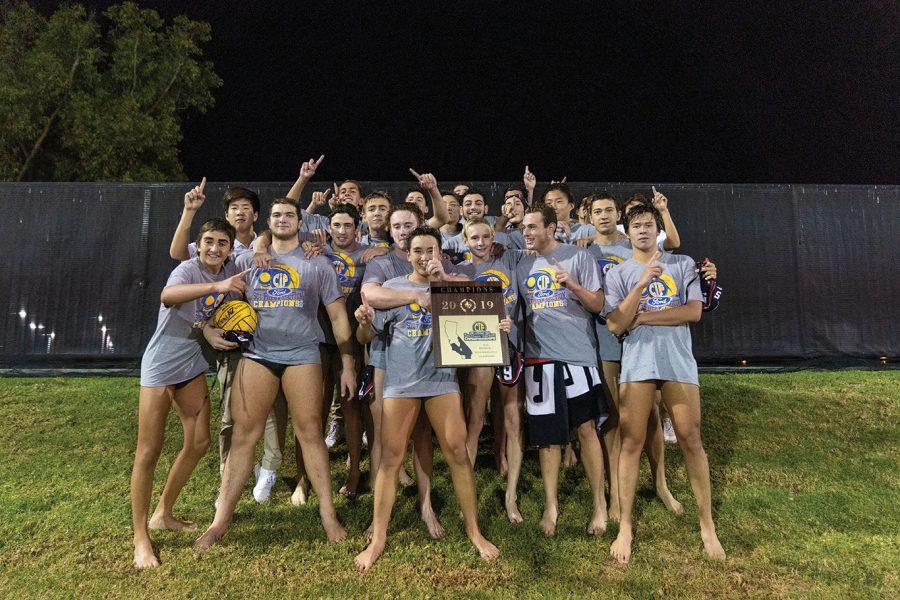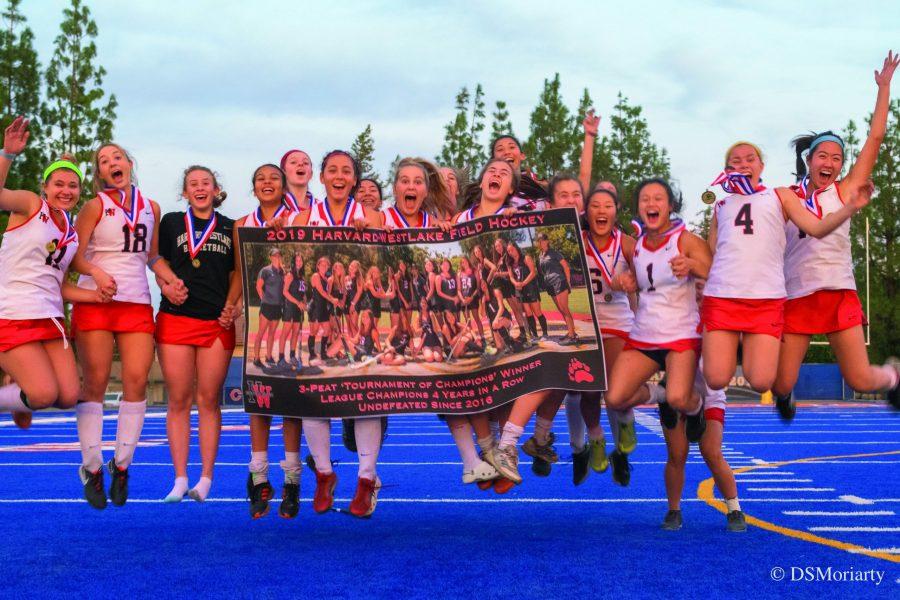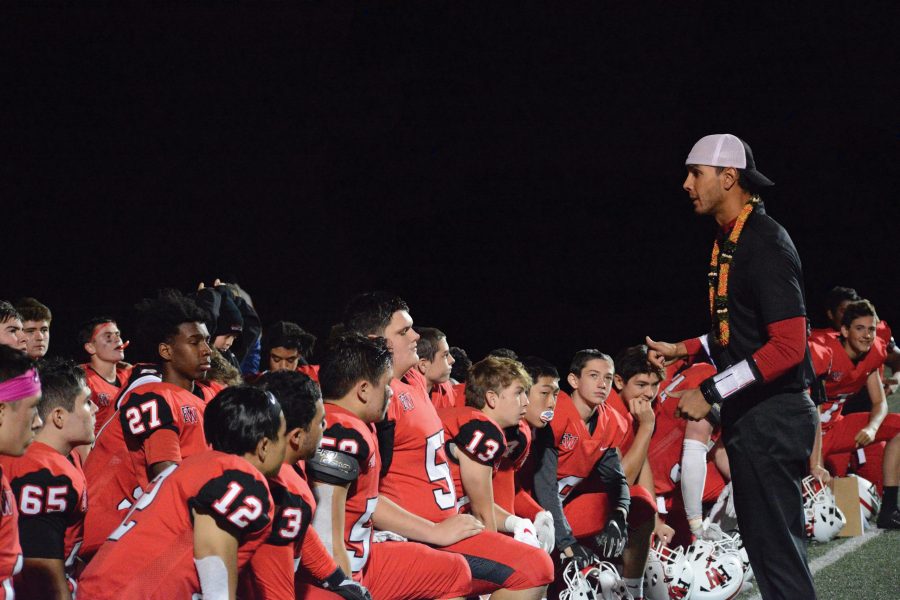Junior year: finding value in sports when you’re not the best player
Junior year is demanding academically, but it also may just be the height of our social lives, too. Compound these factors with the schedules required of a sport, and obligations can feel inordinately demanding, especially for someone who is not the best on the team.
Every Friday night, I have a decision. When I get home on Friday, I have a cup of coffee. Then I check my texts. Hmm… Do I want to do “x with person I don’t like A”, or “y with person I don’t like B”, or neither? I want to do neither. But at least I have this freedom. This is a freedom that I have and a freedom that a lot of athletes don’t.
Right now we find ourselves on the precipice of the rest of our lives, certainly a fraught way to think on it. All of us will find our limits very soon. Luckily for me, I have very few extracurricular obligations, and, when they are a scheduled at a time such that it may prove obtrusive to the comfortable flow of itinerary, I am at liberty to reschedule them.
When I did play basketball as a freshman, I got little playing time. I was always aggravated because I was not the star of the team, or even good at all.
Despite all of this, I still had to show up at practices, games, lifts, etc., and it was not a satisfying operation.
Now no obligation of me is ever comparable in time consumption to a morning life that forces me to wake up at 4:00 a.m., or a practice that brings me home after 9:00 p.m. This is because I don’t play sports. But, for those who do play sports, it is pertinent to adhere rigorously to a strict regimen, most of the time set up by someone else, a coach.
All of this means that high school is a lot harder for athletes. Enormous blocks of the day are taken from them, and they are left wondering whether the lower grades they’re getting will prove high-yielding or a waste of time.
On top of all of this, in this time of our lives, there is an overbearing unspoken obligation to participate in social functions. This is something that is particularly hard for athletes to navigate, but also something that the structure of a team offers many say.
Field hockey player Sydney Pizer ’19 values her social life and says that excitement about social functions impels her to work even harder in school. She views a break from work as essential to success in school.
“Having a social life is actually important in being able to manage all of my work because it is not only a motivating factor to complete my work as soon as possible but it also provides a necessary break from the pressures of the academic and athletic environments,” Pizer said. “I believe that spending time with friends is critical to maintaining a happy state of mind, which is critical to being able to manage the academic and athletic challenges that come my way.”
While Pizer likes to see her friends because it is a release from her stressful academics, former football player Jake Grode ’19 was able to forge valuable friendships with team members through sports. Grode quit football because he lost his passion to play, but what made it hardest to quit was the brotherhood he had built with his teammates.
“I actually really liked the team aspect of the game and the bond [I created], largely due to practice and lifting each day,” Grode said. “It basically formed a fraternity. The value [of a team] is team bonding.”
Even though Grode did not start at quarterback at the upper school, his one four-touchdown performance set aside, he believes that all members of a team contributes to wins and that there is a unique camaraderie that only sports could offer.
“When you are a part of [a team], regardless of the playing time you get, you’re still contributing, even if it’s not affecting the outcome of the game,” Grode said.
This is a common sentiment. Players love to play and have a strong bond with their teammates, but, at a certain point, being recruitment is not a reality for many players. At this point, they have a crucial decision to make. Lacrosse player Jack Safir ’19 has to make this decision.
Safir has enjoyed playing lacrosse for most of his life and says that, when he was younger, it was an enormous part of who he was.
But now he faces a fork in the road: he loves to play and has a strong bond with his teammates, but he knows that he probably will not get recruited and that, ultimately, his passion for lacrosse will impinge on his schoolwork.
“For me, there is value in participating in a sport even without the chance of recruitment up to a certain point,” Safir said. “Sports can be a great way to blow off steam and escape from school for a while. It’s also great to bond with your teammates over the course of a season. But at a certain point, if you know that recruitment isn’t something that’s in the cards for you, you have to know when it’s time to move on and spend your free time pursuing other hobbies that might contribute to your college application process a little more. If you’re investing your time into something and you no longer see the reward, it means it’s time to invest yourself in something else.”
This is a harsh reality, one that many of us have to face, but one that many deal with. So maybe it is true that there is something valuable.
For some, it makes more sense to quit the team and pursue other things, but for others, the team is more important and there is a value in sports beyond recruitment.
It comes down to assessing priorities, and that’s a freedom we all have.


































